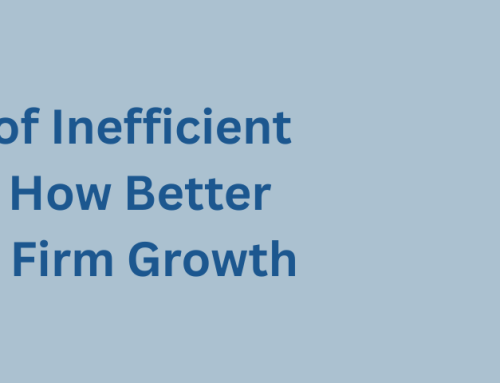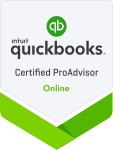How to Increase Your Law Firm’s Collections Rates

Poor collections rates and cash flow are one of the biggest pain points that law firms will face in the coming years. As a result, firms must establish plans to improve their collections process sooner rather than later, especially if they are considering scaling their law firm.
What are the causes of poor collection rates?
There are various reasons that collection rates are low within the legal sector. This could include:
- Poor time-keeping and organization.
- Failure to chase late or unpaid invoices.
- A lack of communication between lawyers and clients.
- Poor record-keeping or data tracking within the firm itself.
- The absence of financial staff (CFOs/Accountants).
What are the implications of poor collection rates?
Delayed payments or poor collection rates may not immediately seem to be a pressing issue. However, there are various areas of concern when it comes to this. For example, delayed payments could result in spiraling debt as you struggle to cover the mounting cost of your expenses. It can also impact your firm’s long term future, as you’ll find it harder to conduct thorough and accurate reports, which could make financial forecasting near impossible.
How can I improve collection rates within my law firm?
Thankfully, there are various ways in which you can improve collection rates within your law firm.
- Identify financial leakage. “Financial leakage” is an umbrella term used to describe the loss of profits due to a difference between the actual price of your services (billable hours/flat rates) vs. the price that appears on client invoices. There could be various reasons for these discrepancies, but it mainly comes down to administrative failures and a lack of attentiveness. According to the Legal Cash Flow Report, ‘98% of firms experience leakage that influences the firm’s profitability.’
- Set clear expectations with clients. Studies have also found that having a quick conversation with your clients about invoices and payment systems can also speed up collection rates. This important communication begins as early as your first consultation call with a potential client. When clients have a better understanding of the process, they’re more likely to respond quickly when invoices are sent – as opposed to when they’re sent an invoice out of the blue.
- Don’t wait until the end of the month to send invoices. It is a standard procedure within many industries to send out an array of invoices at the end of the month. However, the Legal Cash Flow report finds that it may be beneficial to ‘not wait until the end of the month to send the bill, should a matter be ready to bill. This immediate billing will save days on inventory/lock-up, as well as bring collections in sooner – the sooner you bill, the sooner you collect’.
- Keep tight financial records. Keeping thorough financial records allows you to make smarter financial decisions on behalf of your firm, especially when it comes to improving cash flow. Don’t wait until the end of the financial or tax year to gather this data – review it regularly. This will allow you to identify any mistakes you may be making, giving you a chance to rectify them.
- Chase up late payments. It is industry standard to give clients a bit of leeway when paying invoices (typically 30-90 days). However, you still need to chase up late or delayed payments. This again comes down to stringent record-keeping that will inform you when a payment is significantly delayed so that it does not get lost or forgotten about.
- Hire a legal accounting team or Fractional CFO. When running a law firm, the task list can become endless. This means that you might not always have time to be studying your finances or make changes for the betterment of your financial health. Moreover, you may not have the insight or knowledge required to make these decisions. In this case, it’s far better to hire (or outsource) a law firm account or fractional CFO who can take on these tasks on your behalf.
At FinOp Group, our team of experienced CPAs provides full-service law firm accounting solutions, including tax planning, payroll, budgeting, and billing. Schedule your free consultation today!







